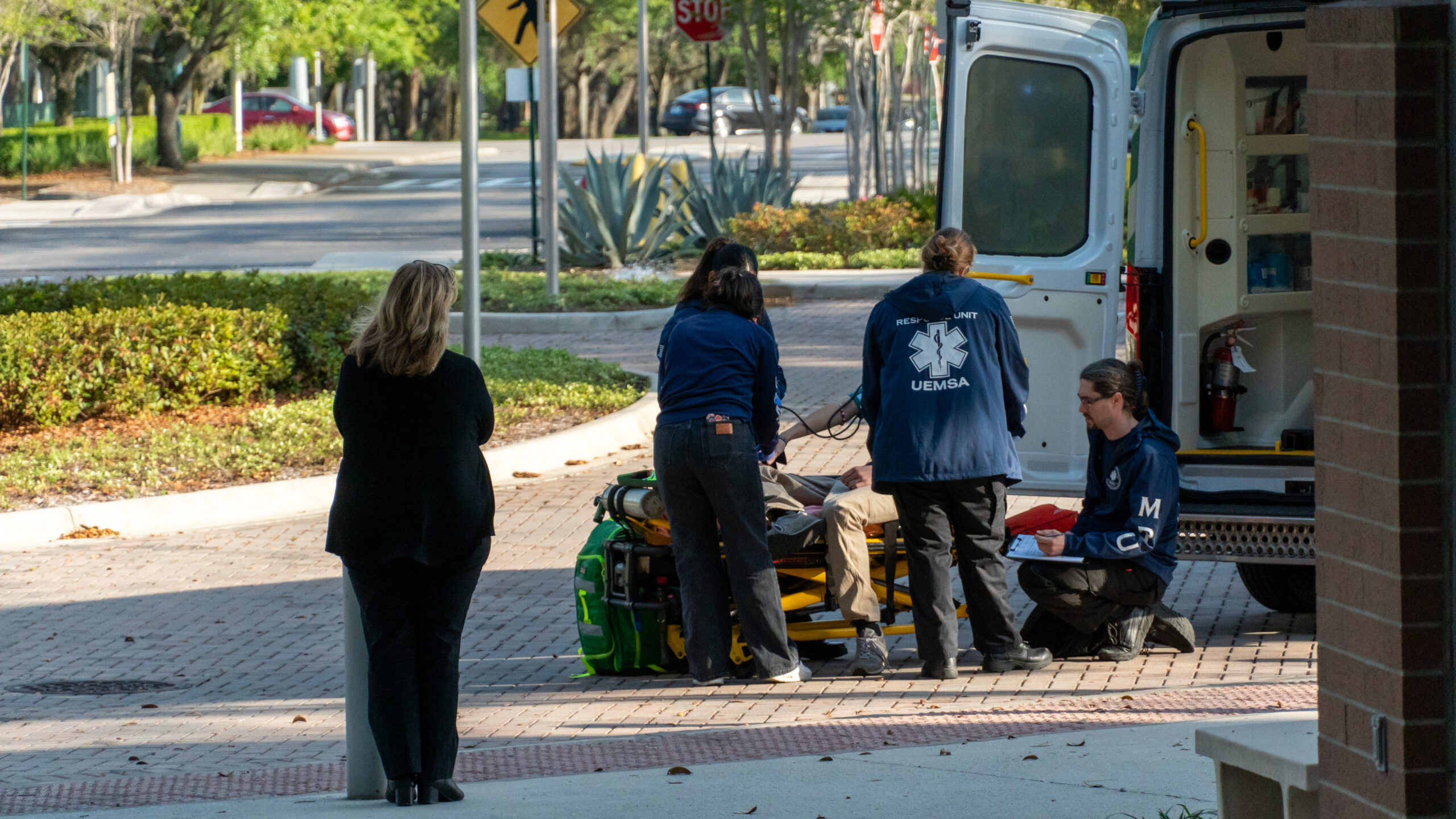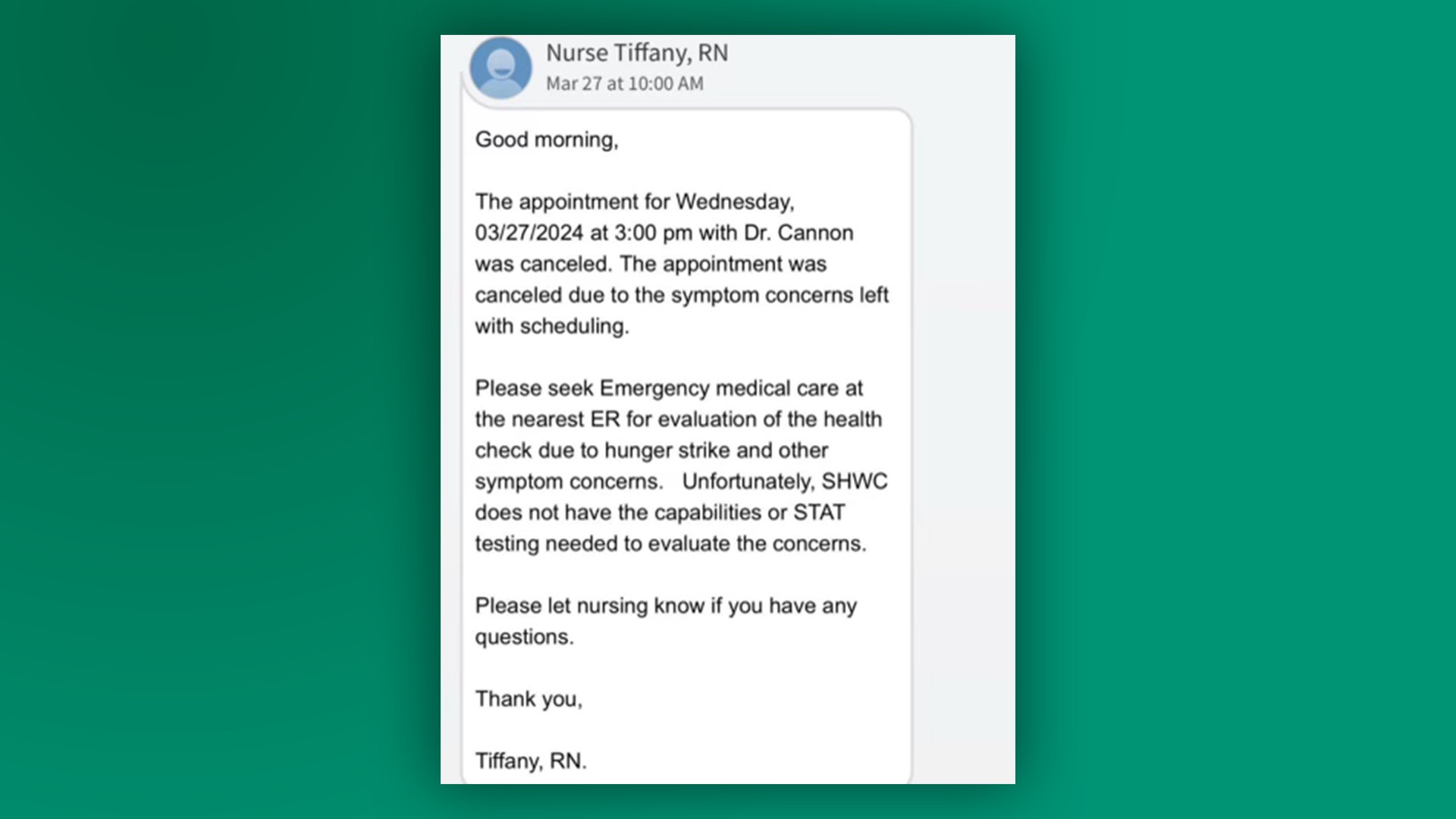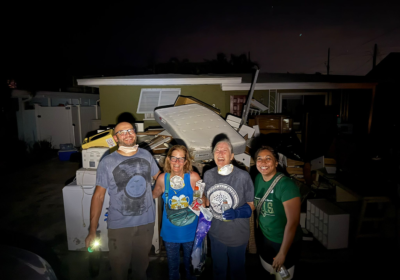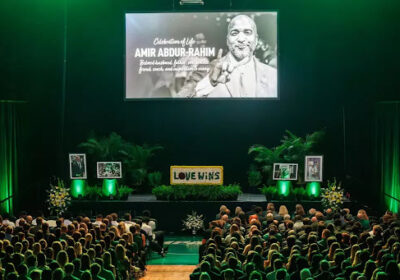USF says it didn’t deny health care to hunger strikers

Members of the Hunger Strike coalition said they were turned away from USF Health & Wellness Center and not checked for vitals this week, according to a Sunday post on the organization’s Instagram.
The post read “Hunger strikers are being denied healthcare on campus.”
The coalition started as a way to “pressure” the university to divest from companies that “fund genocide” in Palestine, according to the coalition’s Instagram posts. Students will strike with the goal of divesting.
They are now entering the third week of the hunger strike.
Related: USF paramedics check on hunger striker during sit-in
USF spokesperson Althea Johnson said several participants sought medical services from the university, and in each case, the students were “taken care of” and referred to local hospitals and Emergency Rooms (ER) off campus.
The referral was due to their symptoms being “beyond” the services that are offered in the center.
Will Mleczko told The Oracle that the students had set appointments in order to check their vitals upon entering two weeks into the hunger strike.
He wrote patients were “denied” by nurses after identifying themselves as hunger strikers or upon nurses inquiring if they were striking. Mleczko had USF paramedics check on him after another protestor called an ambulance during the Patel Center sit in on March 26.
“It was just that they had been told by management and school in regards to appointments with identified strikers,” Mleczko wrote.
Common symptoms of starvation or fasting include bodily pain, low heart rate, blood pressure and glucose levels, vomiting and some loss of bodily autonomy, according to a 2022 National Institutes of Health study.
The study also mentioned psychological impacts on the metabolism, such as depression, anxiety, fatigue or even amnesia.
Services offered at the center vary from primary care services, testing for STIs and gynecology resources, mental health services, nutritional services and allergy and immunization services — such as shots — according to the center’s website.
Mleczko wrote the purpose of all appointments was simple vital checks: their blood pressure and heart rate.
Alina Atiq, one of the strikers, confirmed two strikers have been hospitalized in the last week. The coalition has also organized a funding and donations page for low-income strikers to be able to afford off-campus hospital bills.
They have a $1,500 goal on GoFundMe and currently received 42 donations totaling $1,035 as of Tuesday.

A striker, who has asked to remain anonymous, provided The Oracle with a screenshot stating their Wednesday 3 p.m. appointment was canceled due to “symptom concerns left with scheduling.” The nurse encouraged the student to seek medical attention at an emergency care or ER.
Three strikers were denied medical care, according to the coalitions updates on Instagram.
The Hunger Strike coalition has provided daily and weekly updates on Instagram on strikers’ – and solidarity strikers that joined the movement – symptoms. Most of them are commonly associated with starvation.
Johnson re-stated that students were referred elsewhere for care and have not been turned away.
“No students have been, or will be, denied access to care,” Johnson wrote.






